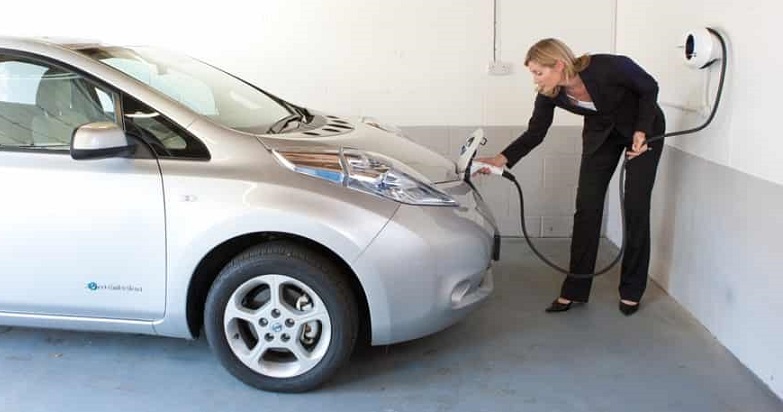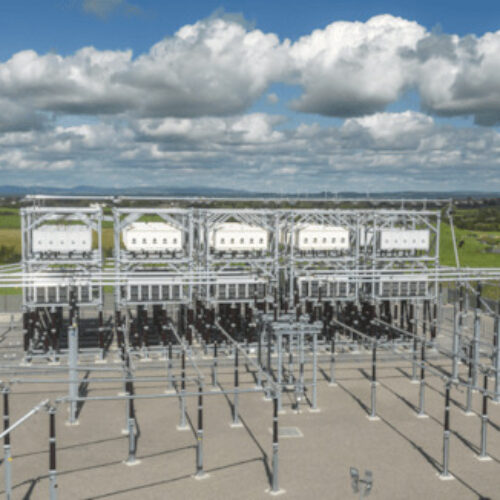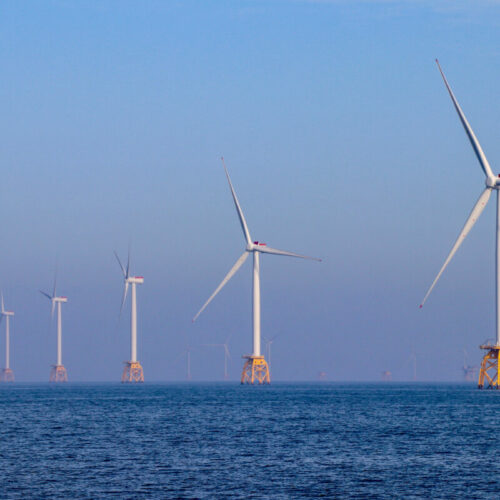All electric vehicle (EV) charge points sold in the UK will have to be ‘smart’ and able to interact with the grid to help manage the increased demand for electricity expected to arrive alongside higher take-up.
The Department for Transport yesterday published its intended Automated and Electric Vehicles Bill, setting out broad stroke proposals for how the government will seek to increase the access and availability of charge points for electric cars.
The document also confirmed powers to make it compulsory for motorway services and large petrol retailers to install charge points for electric cars, as well as ensuring access to live data of the location and availability of charge points.
Transport minister John Hayes said: “This bill will aid the construction of greater infrastructure to support the growing demand for automated and electric vehicles as we embrace this technology and move into the future.”
The plans to ensure all chargers are ‘smart’ will require each to offer a variety of measures around access and energy monitoring, as well as ‘to comply with requirements relating to security’ and ‘to be accessed remotely’.
This could open the door for external parties like distribution network operators or National Grid to access and control charging to ensure peak demand levels do not exceed the tolerances of the grid.
National Grid has stated in the past that under various scenarios of EV take-up, peak demand could increase by anywhere between 4-10GW, with the “best fit” scenario placed at around 5GW.
These estimates were released to dispel claims that a 30GW increase should be expected after the figure from the SO’s Future Energy Scenarios document was “cited incorrectly and sometimes out of context” by national media outlets.
Mike O’Hare, senior development manager at National Grid Ventures, told Clean Energy News: “Smart charging has the double benefit of easing pressures on electricity grids while allowing drivers to take advantage of off peak electricity. I’m delighted to see these advantages are recognised in the recently announced Automated and Electric Vehicles Bill, allowing reduced costs for electricity bill payers and electric vehicle drivers alike.
“As more and more people choose electric vehicles and all the advantages they bring, smart charging will become an increasingly important part of the future.”
Smart charging has been found to provide the flexibility needed to manage any growing demand on local grids by Western Power Distribution’s (WPD) Electric Nation project, believed to be the world’s largest trial of its kind.
‘A good statement of intent’
As the government lays out its plans for the statute book in the bill, which will have its second reading in the House of Commons next week, the proposals have been broadly welcomed by sector members.
“It’s not hugely detailed but it’s a good statement of intent and step in the right direction,” said Tom Callow, director of strategy at the Chargemaster, which operates around 40% of the UK’s chargepoints through its Polar network.
“Broadly [the measures] are all things we’re doing anyway; we’re already complying with much of it so it’s something that we welcome.”
This existing compliance with the smart charger measures stems from the fact that the Office of Low Emission Vehicles previously mandated that chargers supplied through the plug-in grant scheme had to be communicative. Callow said that Chargemaster would therefore “just effectively be reverting back to a scenario where all home chargers had to be communicating”.
Despite the plans to use smart chargers to counteract the peak demands brought on by EVs, he went on to claim more could be done around incentivising EV drivers to charge at work, following the introduction of workplace charging, to limit the rise in evening peak demand.
He added: “The bill is a welcome step in terms of actually drawing attention to what will need to happen in the EV space which is a confluence between the energy industry’s load balancing and grid balancing and those doing charging.”
The Renewable Energy Association (REA) added to Chargemaster’s claims that the bill offers “a welcome step” by stating the government could have done more to progress the low carbon transport cause.
Matthew Trevaskis, head of electric vehicles at the REA, said: “This bill is an excellent opportunity to empower the government to take the interventions necessary to ensure that future EV drivers will be confident that there is an extensive, straight-forward, and affordable charge infrastructure in the UK.
“We welcome the bill but would say it doesn’t quite go far enough. The government should be further empowered to introduce three-phase charging in most new homes and housing developments. Giving government powers to ensure new retail sites are fitted with an adequate power supply is a further opportunity.”





